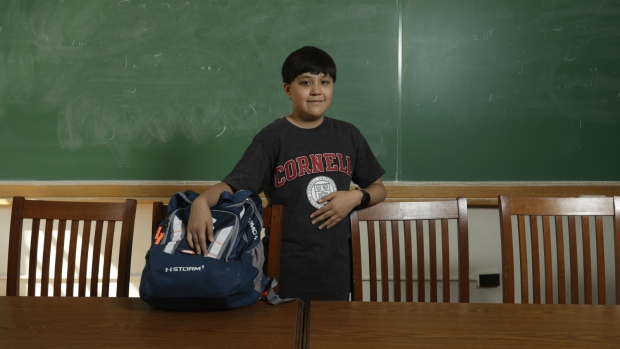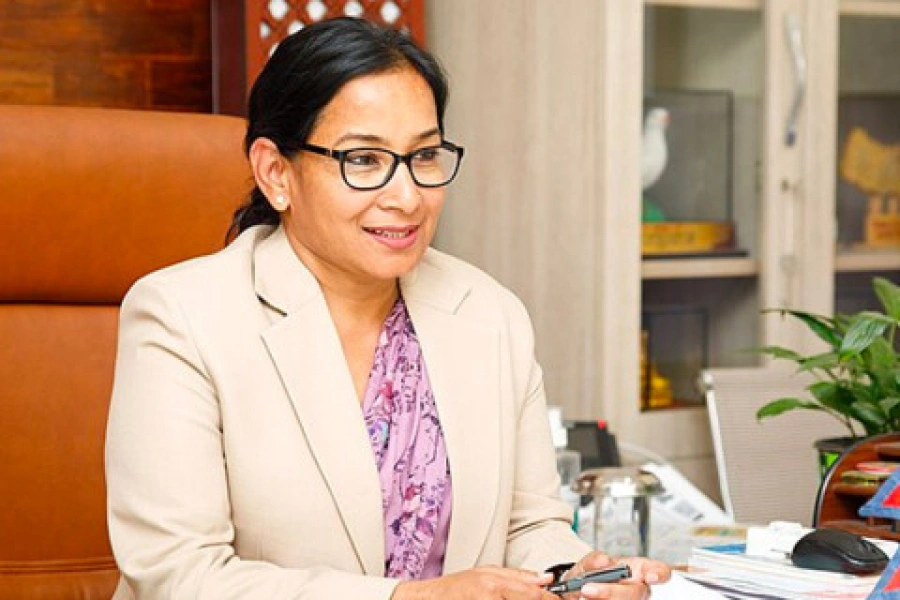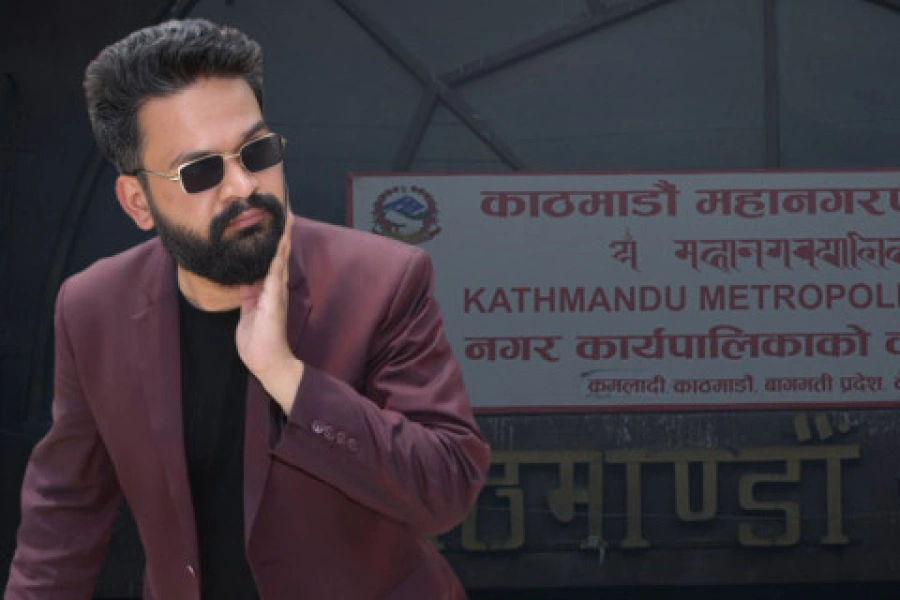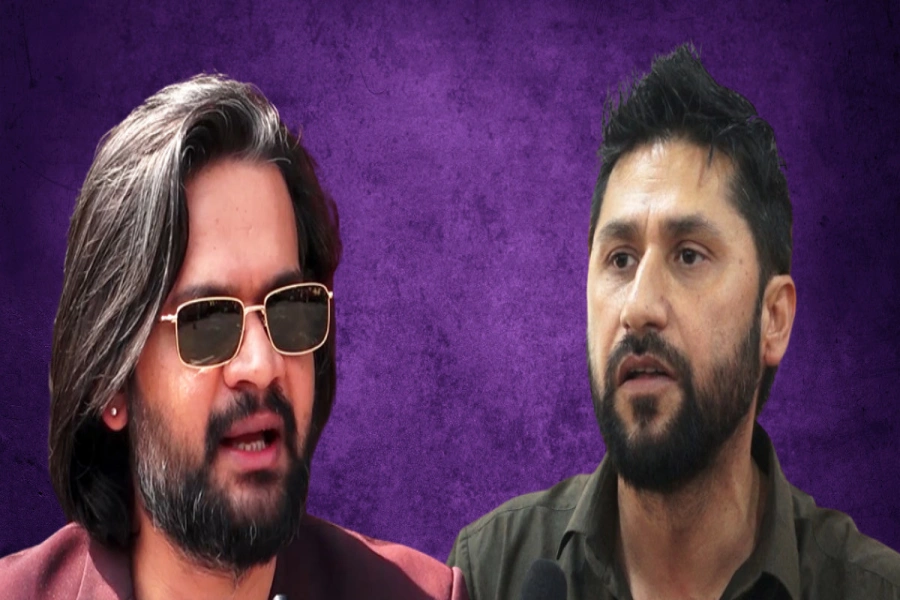The momentum for the scheduled November 19 election seems to be building following the High Level Political Committee’s (HLPC’s) agreement with Upendra Yadav-led Federal Democratic Front, and another likely agreement with Ashok Rai-led Federal Socialist Party. There is a growing belief that Mohan Baidya’s CPN-Maoist and 32 other fringe parties now opposing November 19 election are increasingly isolated.
While the dash-Maoists might retain some of the firebrand leaders and cadres from the insurgency days, the feeling is that they will be able to inflict minimal damage on election date without support from any of the major political forces. But skeptics about timely election abound too. There is still a genuine fear that no big political force is truly committed to election, and Baidya and co are being used as proxies to delay the vote. This persistent undercurrent of suspicion despite the very apparent progress on election front shows how little faith people have left in their leaders. [break]
President Ram Baran Yadav seemed to be reflecting this lack of people’s faith in their leaders when he met HLPC top honchos who had called on the head of the state for yet another constitutional amendment to accommodate the latest political agreement with Upendra Yadav-led FDF. President Yadav expressed his veiled displeasure at the workings of HLPC, as he called on its constituent parties to act on their past promises, including on appointments to important constitutional bodies.
His suggestion that outstanding constitution-related issues be settled at once, rather than piecemeal, is also well placed. It is impractical to seek constitutional amendments each and every time there is (often non-binding) political agreements. The political parties are also showing great disrespect for the supreme law of the land by seeking amendments whenever it suits their fancy.
The HLPC has its task cut out. It is up to HLPC to engineer agreements with agitating parties with vastly different political agendas. At the same time, it can’t be seen as undermining the authority of the Regmi government in the process. But there are genuine grounds to believe that HLPC has fallen short on multiple fronts. First, it waited far too long to initiate meaningful dialogue with agitating parties and began talks in earnest only as the November 19 deadline loomed large. Their inability to fill up vacant constitutional posts, including important ambassadorial appointments, is also indicative of their lack of responsibility towards the people.
Moreover, it has become a trend of sorts in Nepali politics to settle everything at the eleventh hour. HLPC’s lack of achievements in the last five months suggests the same.
Baidya and co on the other hand should realize that there is no alternative to election in a democratic polity. They should explore every opportunity to take part, rather than look to avoid election at any cost, as they seem to be doing now. If it is unsure of its election prospects, it can enter into a working alliance with likeminded forces. But no democratic force should be afraid to face the people. We believe election on November 19 is still a distinct possibility, most of the major political forces willing.
The focus should be on doing CA-II polls right and getting a new constitution for the new federal democratic republic through the CA mechanism. The time for irrelevant distractions has long since passed.
After US-China trade war







































